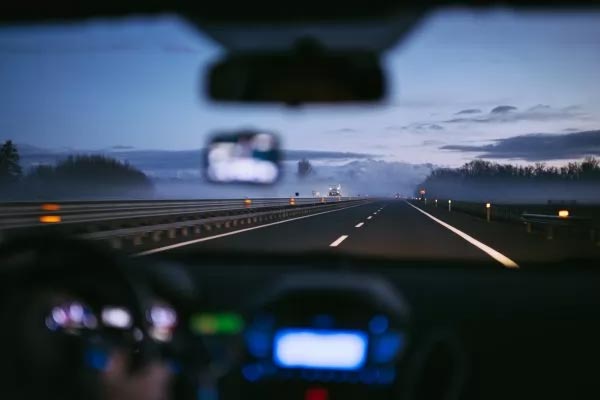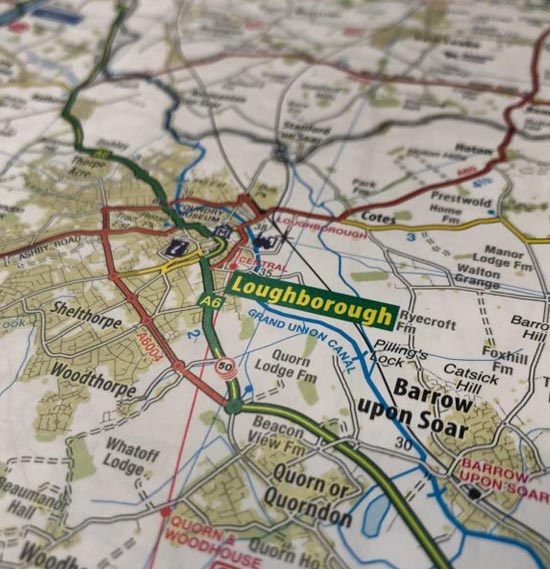Private investigators vary in skill sets from private surveillance, tracking missing people, process serving on behalf of the courts, asset tracing, fraud investigations and many others. Along with that a private investigator needs lots of soft skills to help them with their work. Surveillance operators possibly need even more.
What I mean by a soft skill is something that wouldn’t require an accredited training course as it isn’t normally an extensive subject to learn but one that isn’t picked up in a few days. Possessing soft skills is another tool in the tool box that makes a good private investigator a great one.
For surveillance tasks you have to go where the work is. There is a lot of driving involved.
The good surveillance operators are very highly skilled and often advanced drivers. Maintaining a follow, running/keeping up with commentary and reading the road ahead is a huge task. You can’t be worrying about gear changes, your road position and braking distances etc as these should be done very comfortably and without much thought as you must be safe, above all else.
An add on is knowing the highway code and the signage inside out. Especially for signage like cul-de-sacs/dead end roads so that you don’t get sucked in through tunnel vision.

Being able to tell exactly what make and model of a vehicle is from just a quick rear view in the dark is a very niche and practiced skill.
A lot of petrol heads can do it as it’s a big interest of theirs but unless you actively research and keep up to date with the ever-changing models you can easily get caught out when your subject vehicle that is a 2015 Audi Q3 drives past another one that is a 2020 model of the same colour on the motorway. It has happened and teams have unwittingly began following a completely different car due to heavy traffic and the same-coloured model mixes in.
Another part towards this factor is that has a huge help with placing vehicle trackers on cars!
I can’t stress how important this skill can be for surveillance operatives.
It’s cliché but has to be mentioned in the article.
Working as part of a team is essential in most industries but during surveillance it’s hugely important. You won’t be monitored and will be working to your own movements and working as a team to co-ordinate moving as one is a massive part of the job. Initiative is what will mostly help here.
The pace of a surveillance task goes from 0 to 100 in a heartbeat. In any situation sometimes all you may get is half a second’s glance at a computer screen or a flash of a piece of paperwork and if you’re lucky you have photographic memory otherwise you need to train your short-term memory.
In the military you practice with Kim’s games. A simple exercise that can really help train your brain.
The most common thing I am tested on for my short-term memory is vehicle registrations especially in London when subject’s hop in and out of taxis and Ubers. Relaying quickly to the team the correct vehicle registration from memory will help the whole task run so much smoother.
Exactly what it says on the tin.
If you can’t turn on a computer you will get caught out as a surveillance operative. End of.
Our product is the report and imagery we provide as evidence. Getting that in a presentable format has to be done via a laptop or desktop. You can use an iPad/tablet but still you need to have IT skills for that.
Programs to have a good working knowledge of;
Microsoft Office – Word/ Excel – Video Editing Suites – Time Stamping Software – Search Engines
Being able to read Google Maps and a road atlas is essential. Setting up for a day’s surveillance requires Google Maps reconnaissance to find the best positions prior to your arrival as you don’t want to be looking lost outside a subject address and causing unnecessary attention to yourself.
Knowing how to maximise use of Google Mapping is essential at all stages of the surveillance task.

Being able to work your way around Facebook, Twitter and all of the other platforms to get an identification photo can be the one thing that makes your surveillance task actually work.
Open social media profiles can give away huge clues to someone’s behaviour and even assist in knowing their future plans. Such as attendance to an event or declaring a meal out.
The other side of it is it can act as evidence and corroborate your surveillance report. In a recent case I used Facebook posts which were timestamped on the social media site alongside direct surveillance images showing the same time.
This is something ex military do well due to training. During a mobile surveillance follow it is crucial to not get tunnel vision into the subject and have a very good awareness of your surroundings;
Practicing this for mobile follows in particular is crucial but do not neglect practice on foot for the same points above.
Conducting surveillance in areas unknown to yourself make matters so much harder.
Knowing local short cuts, the rough estates compared to the more affluent areas where crime won’t be as rife, good knowledge of the roads and lanes ahead all contribute to making surveillance easier for you.
Do your best to learn new areas of work and work in areas you know well. It will help your confidence more than you can believe.
This is a big element to helping you go from being a good operative to a great one. It takes a lot to keep up to date with the news across the whole board of what’s going on but it can help so much. One such instance for myself was the Manchester Arena bombing back in May 2017. I began a surveillance task at Manchester Piccadilly the next day and the police presence was astronomical there. With what happened and not knowing why would have been a huge blunder as we had to adapt to the situation to avoid disrupting the police and ourselves being compromised.
A lot of big news is easy to hear about but smaller stories that may play into your subject’s daily life won’t be broadcast heavily. Thinking about your subject’s work industry and the current affairs around that can really help build your evidence picture.
Building the big skills as well the small skills takes years of practice on the job and in your own time.
I always endeavour to help and advise others so please reach out and read my other blog posts around surveillance.
Thanks for reading and I look forward to writing the next blog!


Delta 74 Private Investigations Ltd
DBS Offices
The Old Vicarage
Market Place
Castle Donington
Derby
DE74 2JB
Registered in England & Wales – Reg: 10912733
Registered VAT Number – 400536934

Copyright © 2021 – Delta 74 Private Investigations Ltd – Privacy Policy – Terms
Web Design by Evolution Media